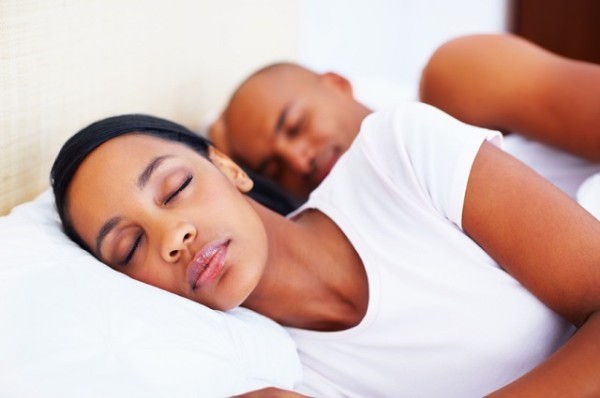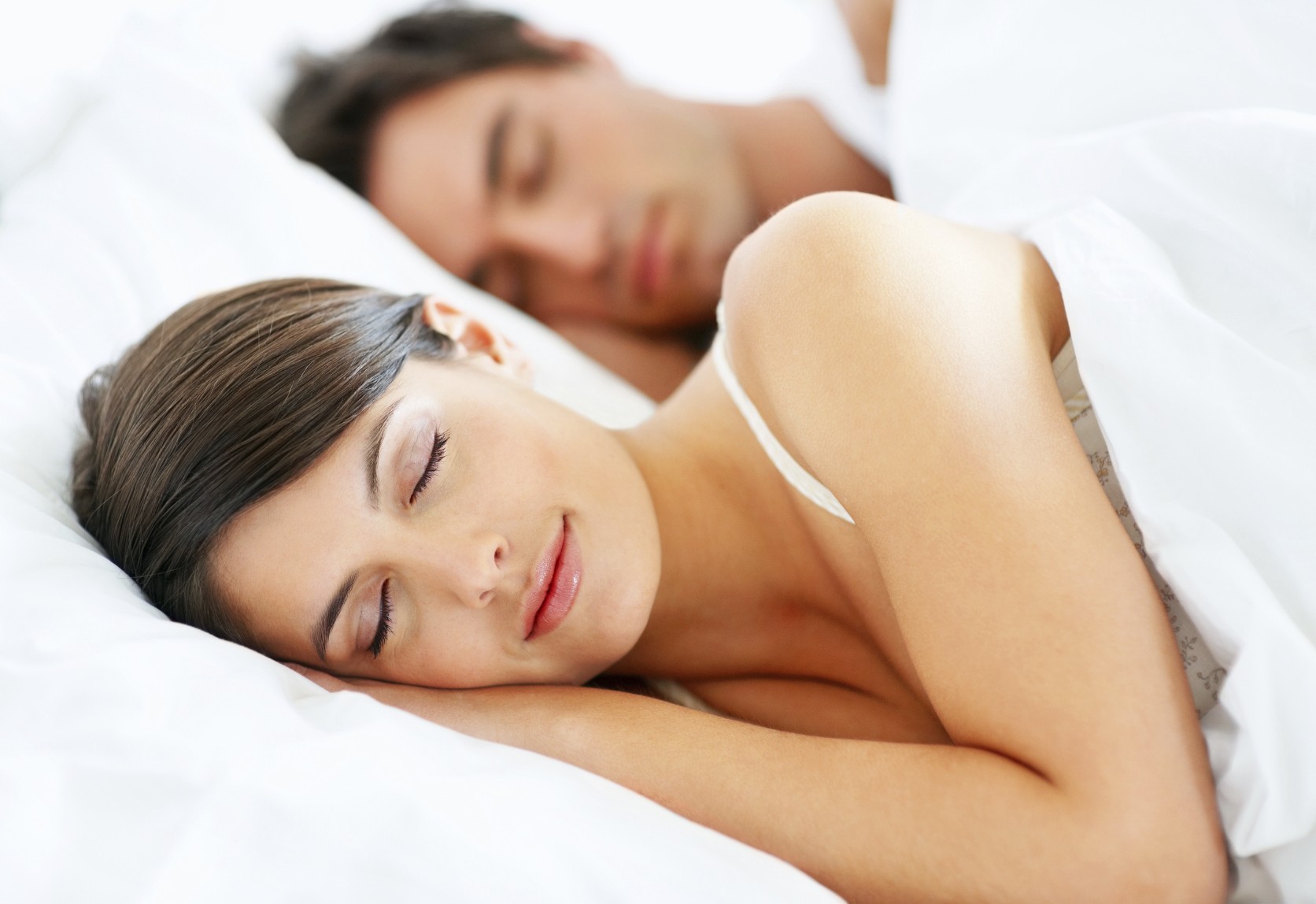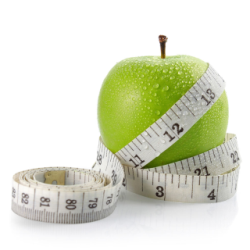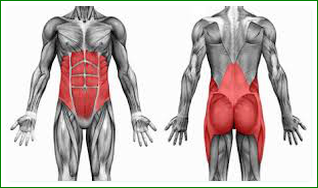Get a better sleep
Many factors can interfere with a good night’s sleep.
Following healthy sleep habits can make the difference between restlessness and restful slumber. Researchers have identified a variety of practices and habits that can help anyone maximize the hours they spend sleeping.
Go to bed at the same time every night. Going to bed and waking up at the same time each day sets the body’s “internal clock” to expect sleep at a certain time. Choose a time when you normally feel tired and try not to break this routine on weekends when it may be tempting to stay up late.
Go to sleep when you are truly tired. Struggling to fall sleep just leads to frustration. If you’re not asleep after 20 minutes, get out of bed, go to another room, and do something relaxing, like reading or listening to music until you are tired enough to sleep.
No to technology. Many people use the television to fall asleep or relax at the end of the day, and this is a mistake. Not only does the light suppress melatonin production, but television can actually stimulate the mind, rather than relaxing it. Try listening to music or audio books instead, or practicing relaxation exercises. If you use a portable electronic device to read, use an eReader that is not backlit.
Limit daytime naps. Long daytime naps can interfere with nighttime sleep because they decrease sleep drive. If you must nap, it’s better to limit yourself to about 10 to 30 minutes and before 5 p.m.
Manage stress. When you have too much to do and think about, your sleep is likely to suffer. Get organized, set priorities and delegate tasks. Give yourself permission to take a break when you need one. Before bed, put aside what’s on your mind and for tomorrow.
Create a sleep-inducing environment. Keep your room cool. The temperature of your bedroom also affects sleep. Most people sleep best in a slightly cool room (around 18° C) with adequate ventilation. Use heavy curtains or blackout shades to block light.
No big meals at night. Finish dinner several hours before bedtime and avoid foods that cause indigestion. Fatty foods take a lot of work for your stomach to digest and may keep you up.
 Balance your water intake. Drink enough fluid at night to keep from waking up thirsty, but not so much and so close to bedtime that you will need to use the bathroom.
Balance your water intake. Drink enough fluid at night to keep from waking up thirsty, but not so much and so close to bedtime that you will need to use the bathroom.
Avoid alcohol before bed. Many people think that drinking alcohol before bed will help them sleep, but it’s a mistake. While alcohol may make you fall asleep faster, it reduces your sleep quality, waking you up later in the night.
Avoid caffeine. Don’t drink caffeine too late in the day. Caffeine, with its stimulant effects, is disruptive to a good sleep. So avoid caffeine (found in coffee, tea, chocolate, cola, and some pain relievers) for four to six hours before bedtime.
Exercising at least three hours before bed. Exercise can help you fall asleep faster and sleep more soundly—as long as it’s done at the right time. Exercise stimulates the body to secrete the stress hormone cortisol, which helps activate the alerting mechanism in the brain. This is fine unless you’re trying to fall asleep. Try to finish exercising at least three hours before bed or workout earlier in the day. Although you might not be able to control all of the factors that interfere with your sleep, you can adopt this habits that encourage better sleep.
If despite these 11 secrets you still have not sleep, then I can suggest you a dietary supplement formulated with passionflower, melatonin, hops, valerian, and lavender. As you know Melatonin supports sound sleep and rests easy. Otherwise, you want something more powerful you must need a nutritional supplement of L-arginine, L-citrulline, and Vitamins.












